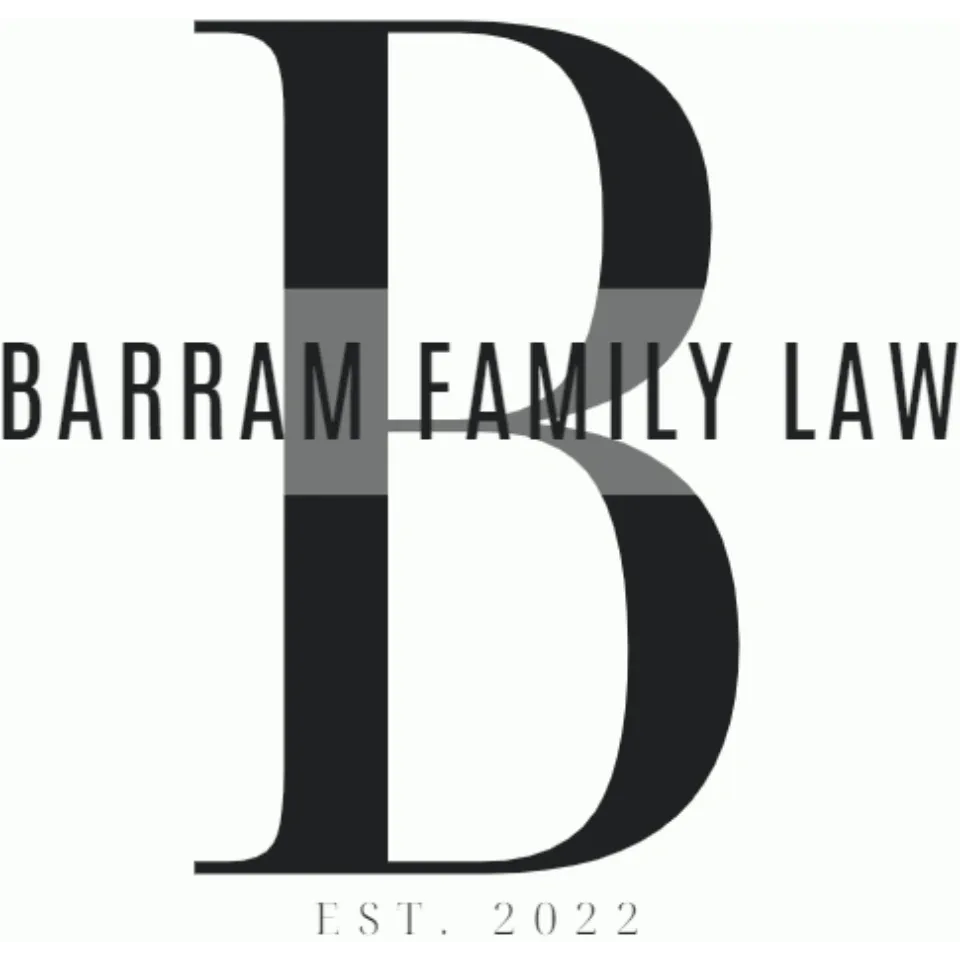Do I Need a Family Lawyer?
17 January 2023
Many people tussle with the question of whether to engage a family lawyer. This is especially so in family law property settlements, where, particularly with small property pools, the cost of using a solicitor may outweigh the benefit received in the property settlement.
Sometimes though, the benefit an experienced family law property settlement lawyer provides is not only limited to helping a person ‘get more’ out of the property settlement.
That is, experienced solicitors help in many other ways, including:
1. taking some of the stress out of the process by handling communications for you;
2. expediting the process by ensuring that irrelevant issues or issues which would not provide meaningful benefit are not agitated;
3. providing reassurance, through experience, as to outcomes, options, possible and likely steps, timeframes and cost;
4. minimising your exposure to conflict (and potentially family violence) by communicating with the opponent for you;
5. making you aware of specific risks in family law property settlements.
All considerations as above are important, but the latter consideration is often overlooked by laypersons, and even lawyers who are not well versed in the family law.
Areas requiring action, some of which can be taken quickly, cheaply, and unilaterally, include:
1. severing a joint tenancy on any real estate assets to ensure your share of any real estate asset held does not automatically pass to the opponent upon your death (where your death occurs before the family law property settlement is effected);
2. taking steps to protect cash and other assets jointly held or solely held by the other party pending finalisation of the settlement (e.g. ensuring funds are transferred to the trust account of a solicitor, ensuring accounts have a two signatory requirement, lodging a Caveat, obtaining an injunction etc);
3. closing joint credit accounts, such as credit cards;
4. ensuring your succession affairs are in order (e.g. ensuring you have a Will and superannuation Binding Death Nominations in place, and that your life insurance is up to date);
5. ensuring a retired person / person otherwise able to ‘access’ their superannuation cannot do so without your consent (for instance by obtaining a superannuation flagging Order or effecting a superannuation flagging agreement);
6. acting before expiry of a statutory time limit, or developing a plan which takes into account an impending time limit;
7. alerting you to possible taxation, stamp duty and government benefit consequences, and directing you to appropriate professionals for advice;
8. assisting you with navigating third party requirements (e.g. bank financial approval process);
9. ensuring adequate insurance policies are in place in relation to assets, such as home and contents insurance, motor vehicle insurance et cetera.



